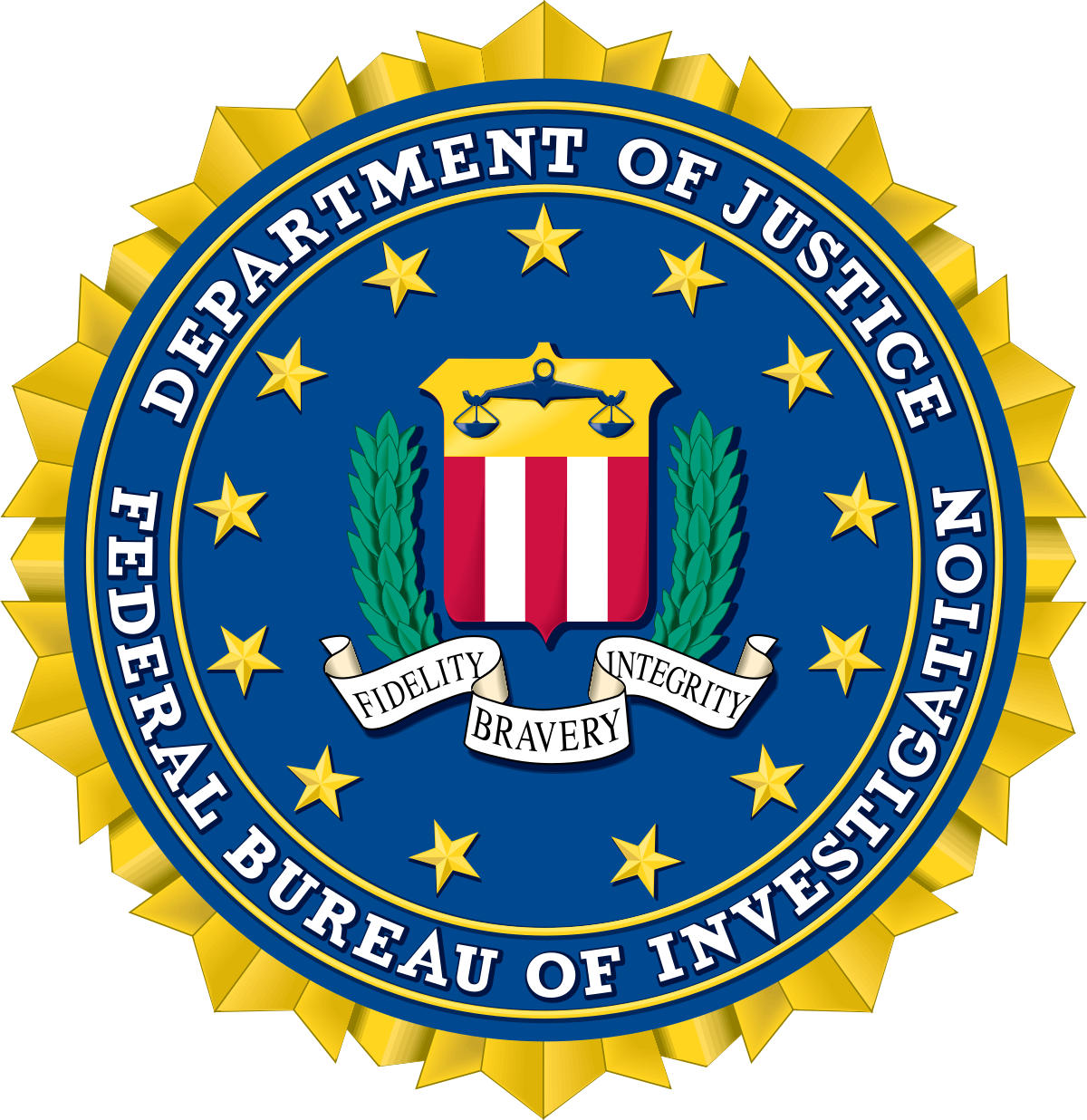Company Directory - Enforcement Directorate
Company Details - Enforcement Directorate

Enforcement Directorate
India
The Enforcement Directorate (ED) is a law enforcement agency and economic intelligence agency of the Government of India primarily tasked with the investigation of financial crimes such as money laundering and violations of foreign exchange laws. It plays a crucial role in combating financial fraud and enforcing regulatory compliance.
CCI Score
CCI Score: Enforcement Directorate
-36.29
11.81%
Latest Event
ED Summons Robert Vadra in Money Laundering Probe
The Enforcement Directorate (ED) has issued a summons to Robert Vadra as part of its ongoing investigation into money laundering cases. Despite having skipped a previous deposition, Vadra is now expected to appear after his international travel, demonstrating ED's commitment to enforcing financial regulations.
Take Action
So what can you do? It's time to make tough choices. Where will you cast your vote?
- Shop Alternatives
SEE ALL - Use Your Voice
OTHER TOOLS - Investigate
- Share the Score
SUPPORT CCI
TOADIE
Enforcement Directorate is currently rated as a Toadie.
Latest Events
 JUN172025
JUN172025The Enforcement Directorate (ED) has issued a summons to Robert Vadra as part of its ongoing investigation into money laundering cases. Despite having skipped a previous deposition, Vadra is now expected to appear after his international travel, demonstrating ED's commitment to enforcing financial regulations.
 MAR192025
MAR192025The Union government reported in Parliament that, over the past decade, more than 190 ED cases were filed against political leaders with only two convictions. This low rate of convictions has raised questions about the effectiveness and impartiality of the Enforcement Directorate, especially in politically sensitive cases.
-50
Public and Political Behavior
June 17
The reported low conviction rate in politically charged cases leads to concerns regarding the enforcement agency's commitment to impartial accountability. From an anti-fascist perspective, a robust and non-partisan approach is crucial for protecting democratic processes. The data may indicate either a lack of thorough investigation or potential political interference, undermining confidence in the impartial administration of justice.
‘Two Convictions in 193 ED Cases Against Political Leaders in 10 Years’: Union Govt
 MAR192025
MAR192025The Enforcement Directorate registered 193 cases against politicians over the past decade, resulting in only two convictions. While the filing of cases suggests an effort to hold political figures accountable and resist corrupt, authoritarian practices, the low conviction rate raises concerns about its effectiveness in sustaining meaningful accountability.
+20
Public and Political Behavior
June 17
The Enforcement Directorate's initiative to file cases against politically connected individuals represents a proactive stance against potential abuses of power, aligning with anti-authoritarian and anti-fascist principles. However, the very low conviction rate (only two convictions out of 193 cases) points to operational challenges or potential political interference, which diminishes the overall positive impact.
ED Files 193 Cases Against Politicians In Past 10 Yrs; Only 2 Convictions: Centre
 MAR182025
MAR182025The Enforcement Directorate (ED) reported registering cases against 193 political leaders over the past decade, yet secured only 2 convictions. The agency asserts that its actions are based on credible evidence and are non-partisan, but the low conviction rate raises concerns over its enforcement effectiveness and the potential for political misuse.
-30
Public and Political Behavior
June 17
Although the ED claims to act on credible evidence without political discrimination, the fact that only 2 convictions have resulted from 193 cases suggests a significant shortfall in effective accountability. This low outcome undermines its potential role in countering authoritarian practices and in protecting democratic processes.
193 politicians faced ED cases between 2015-16 and 2024; only 2 convictions
 JAN142025
JAN142025The article highlights the Enforcement Directorate’s involvement in regulatory investigations against NDTV following its takeover by the Adani Group. These investigations are portrayed as part of a broader pattern of media capture, where politically motivated regulatory actions are used to silence independent journalism and enforce government-aligned narratives.
-70
Executive Political Engagement
June 17
The ED’s actions in targeting NDTV through regulatory investigations appear to be influenced by political pressures aimed at undermining independent journalism. This abuse of investigative power contributes to a broader pattern of politically motivated interference in media operations, compromising democratic accountability.
Why the rise of ‘godi media’ is a disaster for Indian democracy and economic growth
-80
Regulatory Capture
June 17
The ED’s involvement in investigations against NDTV, particularly in the context of ownership changes favoring government-friendly entities, raises significant concerns about the misuse of regulatory power. Such actions exemplify regulatory capture where state agencies are used to reinforce authoritarian influences over independent media.
Why the rise of ‘godi media’ is a disaster for Indian democracy and economic growth
 NOV102024
NOV102024The article accuses India's Enforcement Directorate of being weaponized for politically motivated raids against opposition leaders, with statistics suggesting a selective targeting of opponents, particularly ahead of crucial elections.
-80
Public and Political Behavior
June 17
The Enforcement Directorate is accused of conducting raids that appear systematically designed to target political opposition, thereby undermining fair democratic processes. This politically motivated use of state power aligns with authoritarian practices, earning a strongly negative rating under Public and Political Behavior.
Raids tracker: ED & IT raids as tools to target Opposition before polls
 OCT032023
OCT032023The article highlights the use of the Enforcement Directorate by the Modi government to raid civil society organizations and target dissenters under the guise of financial investigations, contributing to an authoritarian environment in India. Its actions, including prolonged investigations and the seizure of electronic devices from outlets like Newsclick, illustrate an abuse of legal powers that suppress democratic opposition.
-75
Public and Political Behavior
June 17
The Enforcement Directorate is portrayed as an instrument of state repression, deliberately targeting legally operating organizations and political dissenters. Its raids and investigations, used to silence critics and undermine democratic institutions, align with authoritarian practices that erode civil liberties and democratic accountability.
 AUG022023
AUG022023An article on rising authoritarianism in India highlights that the Enforcement Directorate has been selective in pursuing cases against opposition politicians, suggesting its potential use as a political tool under Narendra Modi’s regime.
-70
Public and Political Behavior
June 17
The article criticizes the Enforcement Directorate for selectively targeting opposition figures, a practice viewed as aligning with an authoritarian agenda. This behavior undermines democratic oversight and contributes to the broader trend of politicized state interventions, which is particularly concerning from an anti-fascist perspective.
 JUL082023ED as a Political Weapon
JUL082023ED as a Political Weapon-65.85
The article details how the Enforcement Directorate has increasingly been employed as a political tool by the government to target opposition figures. It describes the agency's expanded powers, the use of draconian measures against political rivals, and its role in intimidating dissent, contributing to a climate of authoritarianism.
-80
Public and Political Behavior
June 17
The Enforcement Directorate is portrayed as being co-opted by the government to target opposition and intimidate political figures, which reflects a politicization of regulatory powers. Such misuse of state authority signals alignment with authoritarian practices, undermining democratic accountability and workers' rights.
 FEB132020
FEB132020On February 13, 2020, the Enforcement Directorate issued a technical circular that significantly expanded the powers of its director by setting discretionary monetary thresholds for initiating investigations. Critics argue that this move could allow selective targeting and political bias, potentially undermining judicial fairness and fueling authoritarian practices.
-70
Public and Political Behavior
June 17
The issuance of the technical circular granted near-omnipotent powers to the ED chief, with the potential to prioritize cases based on political considerations. This discretion raises concerns of authoritarian abuse and political targeting, undermining the impartiality crucial for safeguarding democratic norms and marginalized interests.
How the Enforcement Directorate Has Become an Excessive Directorate
Alternatives
Los Angeles, United States
68.62
Fayetteville, United States
-4.31

Hamilton, United States
-59.40

Corporation
61.18

Washington, D.C., United States
18.77

Washington, United States
-13.31

United States
-62.43

Amaravati, India
70.91

Hyderabad, India
38.00

Burlington, United States
69.87
Industries
- 922130
- Legal Counsel and Prosecution
- 922190
- Other Justice, Public Order, and Safety Activities